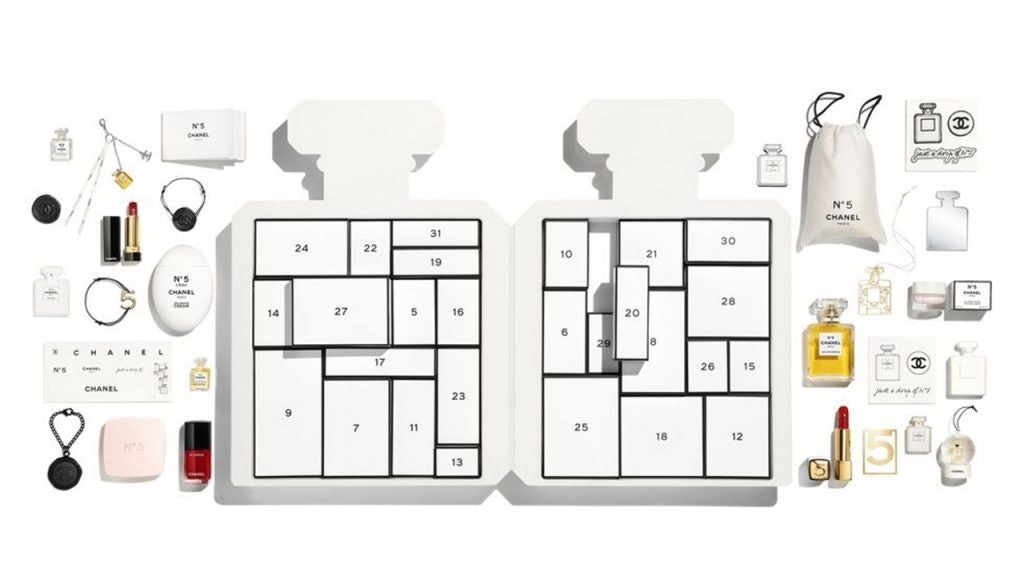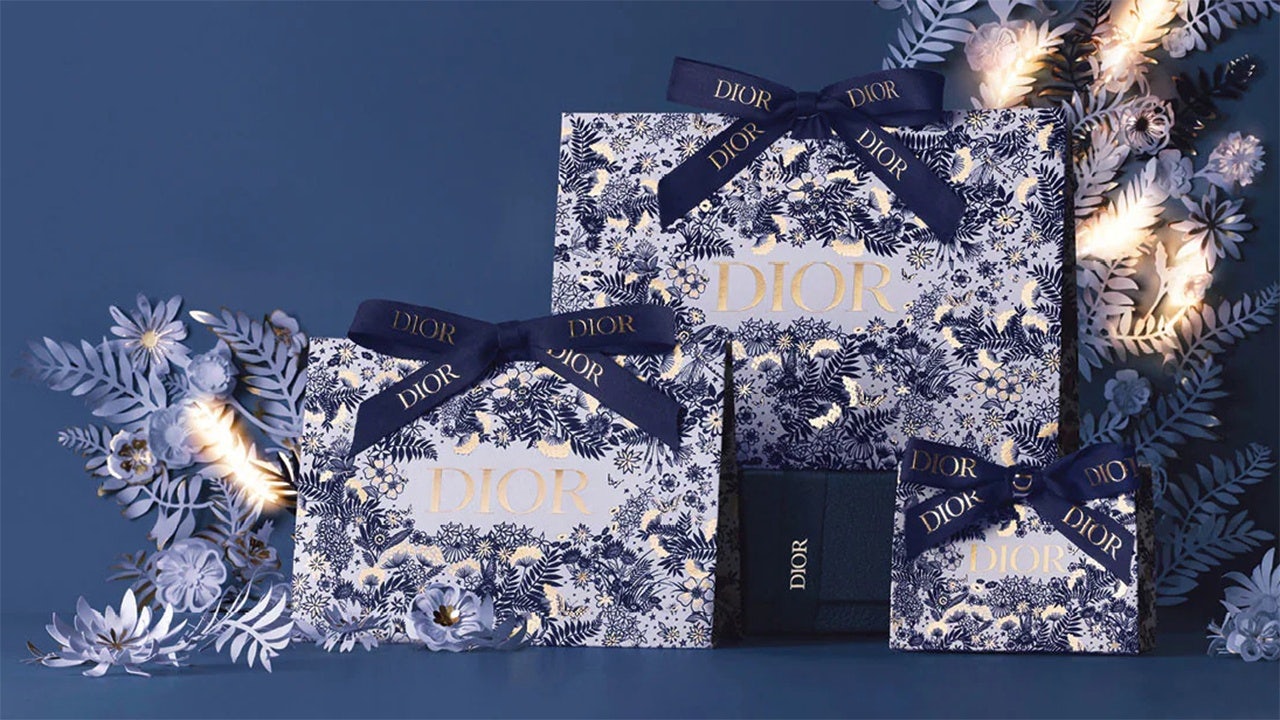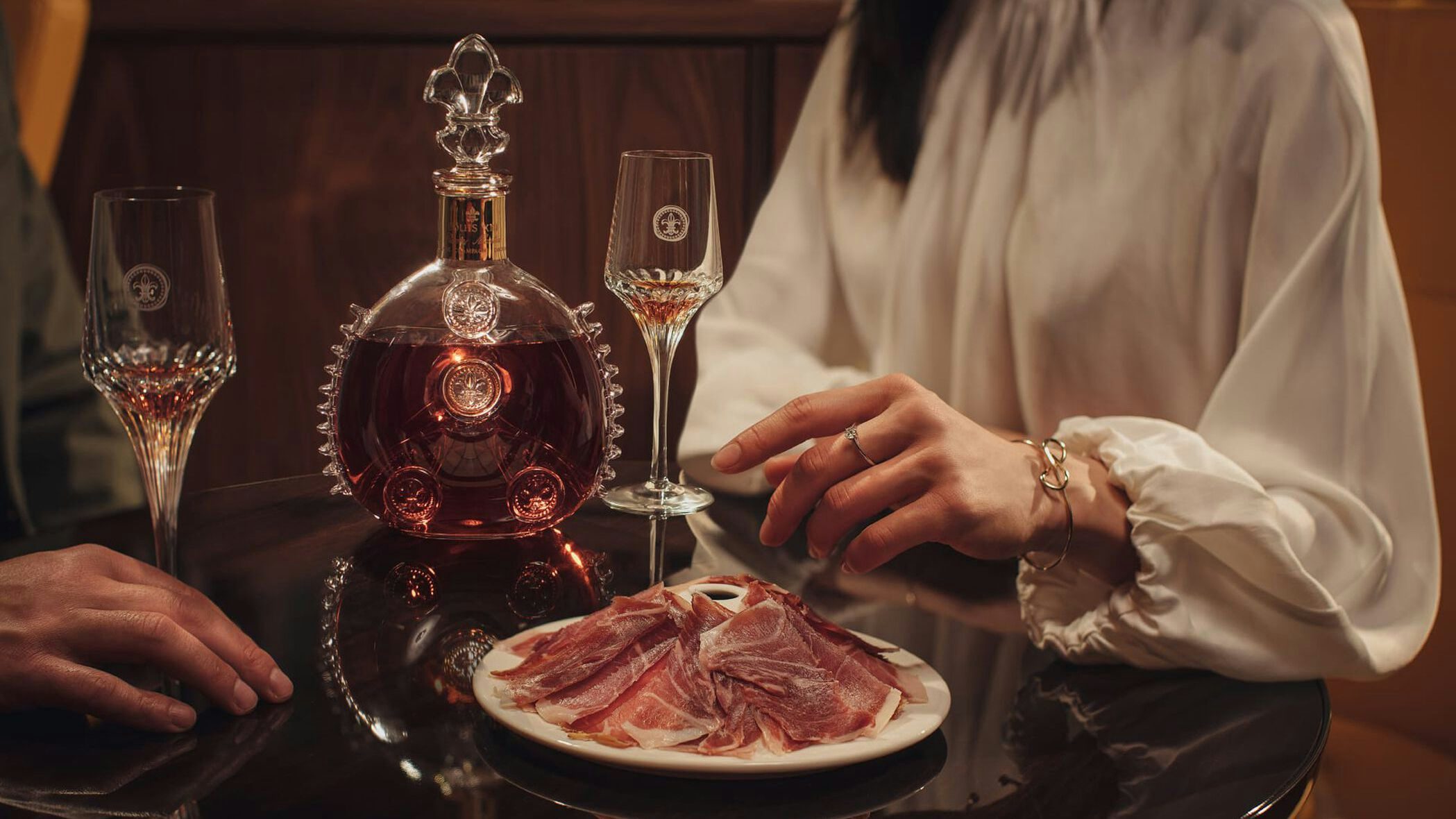Key Takeaways:#
- Christmas allows domestic brands to develop a successful brand positioning strategy, helping them generate positive emotional responses.
- During the Christmas season, luxury brands can harness the power of anime to reach their target audiences.
- Luxury brands can benefit from China's self-pampering trend by partnering with high-end hotels and designer spas to promote luxury packages and weekend retreats.
Although Christmas is not officially observed in China, younger generations still exchange gifts and celebrate a more “commercial” and less holy feast. In fact, millennials and Gen Zers have reinterpreted the Western holiday in a Chinese way, exchanging decorative boxes and eating “peace apples" on Christmas Eve while opting for friend dates and romantic dinners instead of big, Western-style family celebrations. But in a country that has embraced the West's consumerism and materialism, Christmas has also become an opportunity for retailers to lure consumers into shopping malls and upscale boutiques by combining sales and shopping with entertainment.
As the holiday is close to the Chinese New Year, major brands and retailers have traditionally used this opportunity to kick off the winter shopping frenzy and the sales season. On the other hand, domestic brands have understood that Christmas helps them develop a successful brand positioning strategy that generates positive emotional responses and creates the image of a cool global brand.
“The sales season lasts for one and half months, during which time shopping volume goes up,” said Jose Qian, a Shanghai-based media producer, to Deutsche Welle. “All kinds of promotions are organized, and retailers obviously benefit from this.”
Considering the unique potential of the holiday, let’s take a look at how luxury brands should market Christmas to Chinese consumers.
Digital Christmas#
Brands in China should seize every digital opportunity and take full advantage of the country's social video platforms, sub-applications, livestreams, and social selling apps. And while launching Christmas campaigns in WeChat's ecosystem is an obvious choice, brands should not underestimate the power of video-sharing platforms like Bilibili and Alibaba-owned Youku Tudou, both of which are popular with digital-friendly Gen Zers.
Animated avatars, graphic novel stars, gaming elements, and virtual idols have also captured the hearts of Gen Zers. As such, they have been driving consumer engagement while boosting product values for luxury brands like Louis Vuitton and Burberry.
The global anime market was valued at 23.6 billion in 2020 and is forecasted to reach 48 billion by 2028, according to a study by Grand View Research, Inc. Meanwhile, Japan and China have remained key markets for anime content.
During the Christmas season, luxury brands can harness the power of anime to reach their target audiences. Take the Neon Genesis Evangelion strawberry LCL cake, for example, released for Christmas in Japan, or the McDonald’s Japan Christmas campaign, which received positive reviews online.

Pop-up branded Christmas markets#
In Europe, consumers head to Christmas Markets because they want to admire the perfectly decorated Christmas trees, drink Glühwein (mulled wine) and enjoy the carol concerts. But, in Shanghai, locals visit The Paulaner Bräuhaus Christmas Market or The Jing'an Christkindlmarkt for their distinctive European feel and because they want to indulge in a real European gastronomic experience.

Since most luxury labels are leading European brands, they can use their associations with the “old continent” to their advantage during Christmas in China. A “Made in Europe” brand has positive connotations in China, and Christmas Markets can signal an understated relevance.
Because local governments are not involved in selecting and decorating holiday displays, the decision falls on private companies, which represents a unique opportunity for private labels. Brands can customize their Christmas decorations and add their logo or seasonal greetings to their displays. Brands with a strong presence at Christmas Markets can also generate hype, increase sales, and boost holiday conversions and community awareness.
Customized corporate gifts#
New frugality rules and the government’s clampdown on luxury gift-giving have quashed China's luxury-giving culture. But for obvious reasons, corporate and customized gifts are still in demand. Chinese consumers associate Christmas with beautifully decorated boxes that feature apples and cosmetics. As such, luxury brands can come up with limited-edition beauty gift boxes or personalized beauty advent calendars for Christmas. According to Linkfluence, lipstick is in high demand during the holiday season, with Shu Uemura, Dior, MAC, YSL Beauty, and Shiseido’s CPB being the most popular beauty brands.
Foreseeably, some luxury brands like Chanel and Dior have already released their holiday gift boxes. However, they did not reach their expected results as the brands got accused of “taking people for a ride” by netizens, according to The Global Times. A Chinese livestreamer who purchased Chanel’s No.5 Calendar, valued at more than 938 (6,000 yuan), expressed her dismay, claiming that the items found in the gift box could not be worth more than 1,000 yuan. Other netizens shared her disillusionment. “Putting stickers and key chains in a high-end calendar box is no different from throwing away scraps,” a netizen wrote in the comment section, according to The Global Times.

Western brands already walk a thin line in China, and they should know better than to design and promote mediocre gift boxes.
Selling female empowerment#
Mao Zedong famously proclaimed that “Women hold up half the sky.” Yet, in Modern China, they might hold up two-thirds of it or even more. A report by Hurun Research Institute shows that China has 85 billionaires as of January 2021. But it is also home to nearly two-thirds of the world’s female billionaires. In fact, China minted a record of 24 new female billionaires during the pandemic in 2020. Additionally, the country is famous for promoting women to senior management positions; thus, the sight of young, ultra-wealthy, and highly accomplished women is not rare in Tier-1 and Tier-2 cities.
Unsurprisingly, these women are the ideal luxury consumers: educated, sophisticated, and with a global mindset. Most brands have already adapted their product offerings to suit their needs, but not all have understood that Christmas is another opportunity to sell female empowerment and feminist chic.
Christmas is a holiday spent with girlfriends in China. So, brands should create personalized spa gift boxes, limited-edition perfumes, and unique diamond jewelry pieces. Luxury brands could also benefit from China's self-pampering trend by partnering with high-end hotels and designer spas to promote luxury packages and weekend retreats during the holiday.

